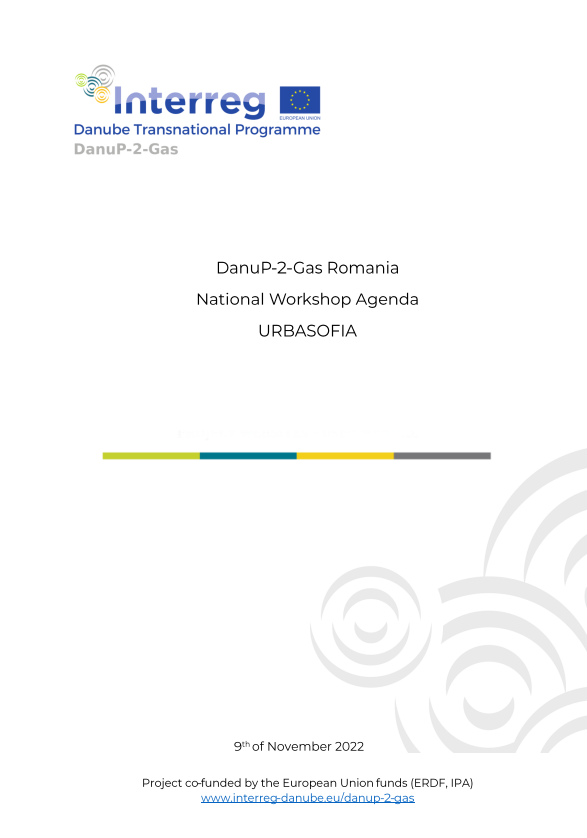DanuP-2-Gas National Workshop
Now that the DanuP-2-Gas project is coming to an end, a workshop will follow in which the results of the project will be presented to the stakeholders and to those interested.
We are therefore waiting for you on November 9 from 10 AM (Bucharest time) to be with us to present our project and what we have done together with the DanuP-2-Gas consortium in the last 2 years.
We gladly invite you to join us! 🙂
Register for the webinar at the following link : https://us02web.zoom.us/webinar/register/WN_udutJIjFTFm4Q3aAUXEwbA
See you there!
KINETIC Open Webinar
We invite you to our open Webinar – on the 19 of October. The KINETIC project, funded under Positive Energy Districts and Neighbourhoods Joint Call for Proposals, PROJECT NUMBER: 43971918
Register in advance for this webinar:
https://us02web.zoom.us/…/reg…/WN_eyzeFp0ESXiuMC53nkTT4Q
KINETIC (Knowledge Integration of Neighbourhood in Energy Transition led by Inclusive Communities) aims to innovate in planning Positive Energy Districts (PED). The project will deploy context-based research on how to create energy-efficient neighbourhoods, exploring options for sourcing sustainable energy at the local level, and different frameworks of creating Local Energy Communities. Local actors are empowered as the main drivers for sustainable transformations, assessing consuming behaviours, developing mitigation measures to ensure energy-efficient neighbourhoods, and exploring suitable energy infrastructures and frameworks.
We invite researchers, academia, public administration, cities, NGOs, industry, or any urban actor interested in the sustainable planning of cities and neighbourhoods to participate in the KINETIC Kick-off Event on 19 October 2022.

Project HARMONIA Presentation
Below you can watch the presentation video of the HARMONIA project. Further details about the project can be found by accessing this link https://urbasofia.eu/en/harmonia/
DanuP-2-Gas Newsltter n.9
We are happy to let you know that the 8th newsletter of the DanuP-2-Gas Project is out and is available in both English and Romanian.
For the Newsletter in English click on the image below.

For the Romanian version of the newsletter click here.
DanuP-2-Gas Newsletter n.8
We are happy to let you know that the 8th newsletter of the DanuP-2-Gas Project is out and is available in both English and Romanian.
For the Newsletter in English click on the image below.

For the Romanian version of the newsletter click here.
ISTER Benchmarking Toolkit

You can now find and download the ISTER Common Benchmarking Toolkit directly from our website!
This toolkit may be of interest to you if you are a public authority, policy maker or any other urban actor interested in the protection, valorization, management and sustainable use of the Cultural Heritage and more specifically of the Cultural Routes.
It will take you from understanding if and to what extent your cultural route meets a set of criteria for fulfilling its potential in different stages, through an in-depth understanding of the eligibility criteria that have to be met in order to receive the “Cultural Route of the Council of Europe certification”, straightforward to the importance, criteria to be met, policy guidelines, practical methods and best practices applicable for five priority fields of action set by the European Council:
- Cooperation in research and development
- Enhancement of memory, history and European heritage
- Cultural and educational exchanges for young Europeans
- Contemporary cultural and artistic practice
- Cultural tourism and sustainable cultural development
At the end you will find a set of recommendations specific for each country part of ISTER project which are based on the results and findings of the first round of capacity building workshops in relation with the documentation made for each field of action.





